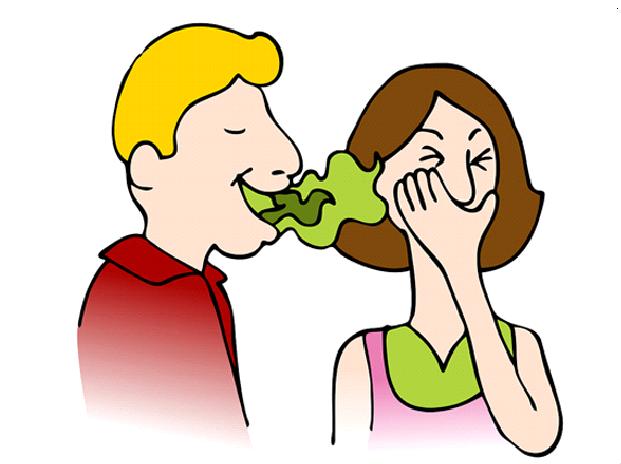Halitosis Symptoms, Causes, Diagnosis and Treatment

What Is Halitosis?
Halitosis is commonly known as bad breath. It can be of course; very embarrassing any may cause social and emotional distress. You may find a number of products that can help you with bad breath such as mouthwashes, mints, gums etc; however all of such tends to provide temporary effects as they do not deal with the cause of bad breath!
In addition to this, poor oral hygiene, specific health conditions, and food are some of the potential causes of halitosis. Majority cases of halitosis can be treated by practicing good oral hygiene. However; if mouth odor has failed to respond self-care measures, visit your physician or dentist to ensure it is not indicating towards some serious underlying condition.
When Is The Right Time To Medical Assistance?
It is important to assess your oral habits in case your family or friends have complained about your bad breath. Try out the following:
- Brush your tongue and teeth after having meals.
- Use fluoride toothpaste.
- Drink 10-12 glasses of water a day.
- Once a day, use dental floss.
In case halitosis fail to respond the above mentioned lifestyle changes, seek medical assistance.
What Causes Halitosis?
Few potential causes of halitosis are:
- Eating some foods for example garlic, onions, spices and vegetable can cause halitosis. After being digested, they enter the bloodstream and are passed on to the lungs and then affect the breath.
- Bacteria in the mouth are increased by the food particles that breakdown around and in the teeth. This causes a foul smell.
- Tobacco smoking or use of other tobacco products.
- Gum disease.
- Poor dental hygiene: food particles that stay in the mouth can lead to bad breath, thus, flossing and brushing your teeth is important. It is strictly advice to brush your teeth at least twice a day and floss your teeth once every day.
- Dry mouth: to cleanse our mouth, saliva plays a vital role. Dry mouth, is a condition that reduces the production of saliva. The condition can also lead to halitosis.
- Infection in the mouth.
- Specific throat, nose and mouth conditions.
- Some medications.
How Is Halitosis Diagnosed?
Possibly, the dentist will smell the breath from the nose and mouth. He will rate the smell on a scale. There are specific detectors that can help identifying the responsible chemicals for the odor; however these advanced detectors are rarely available.
How Is Halitosis Treated?
By practicing good oral hygiene you can:
- Lower the chances of gum disease.
- Avoid cavities.
- Avoid bad breath.
Treatment of halitosis can vary, merely depending upon what’s causing it. If it is sourcing by some health condition, then the dentist will advice to consult a primary care physician. In case oral health has lead to halitosis, then he or she will take measures to control the condition.
By : Natural Health News




